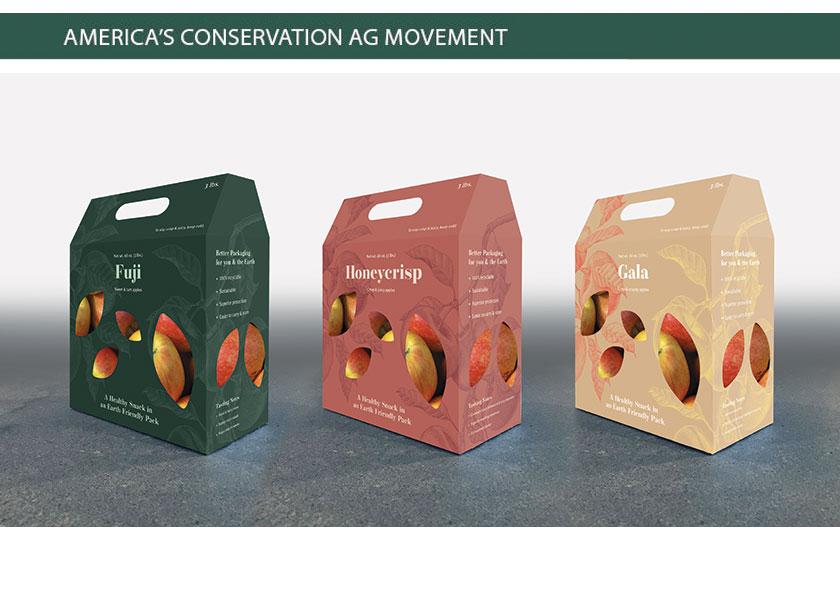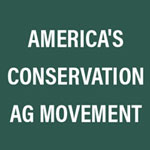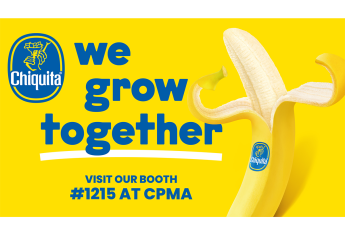Package makers look to enhance leadership role in design, sustainability efforts

 Building trust in food begins with empowering farmers through one of the largest and most diverse conservation- and sustainability-focused public-private partnerships in our nation’s history: America’s Conservation Ag Movement. To find the latest news and resources related to the Movement, visit AgWeb.com/ACAM.
Building trust in food begins with empowering farmers through one of the largest and most diverse conservation- and sustainability-focused public-private partnerships in our nation’s history: America’s Conservation Ag Movement. To find the latest news and resources related to the Movement, visit AgWeb.com/ACAM.
Circumstances have aligned to place the packaging industry to change the scope, design and sustainability of its products, marketers say.
It’s an opportunity that doesn’t come along often, said Ken Kaneko, founder and CEO of Vancouver, Wash.-based indoor vertical farm Forward Greens.
“Historically, the packaging industry has traditionally designed their products based on the scales of larger brands, many of which have made decisions based on cost and market appeal; however, as consumer demands and behaviors change, I believe that packaging companies have an opportunity to refresh their product offerings and begin closely collaborating with large and small brands on their missions to find solutions that have a lower impact on the environment,” Kaneko said.
A major step for Forward Greens is using less plastic in packaging material, Kaneko said.
“The industry hasn’t yet discovered a material that is truly sustainable or renewable, so our objective is to minimize our footprint with the resources we have available to us,” he said. “This methodology also aligns with Forward Greens’ focus on reducing use of land, soil and water in the growing process for our greens.”
Research pointed Forward Greens toward using “flexible packaging” over clamshells, Kaneko said.
“As a sustainable company, our approach has always been to collect and use information appropriately, very much the same philosophy we use at the farm for the production side of our greens.”
Package makers already are playing a major role in leading sustainability initiatives, said Jeff Watkin, graphics/marketing director with Collinsville, Ill.-based manufacturer Sev-Rend Corp.
“We are a key source for information to help educate our partners and consumers on what can and cannot be accomplished with current infrastructure,” he said. “On top of this – many of the first conversations on what companies can do to reduce their packaging footprint start with the packaging industry.”
The COVID-19 pandemic has raised public awareness of healthy lifestyle choices, and fresh produce fits right into the trend, said Rachel Kenyon, senior vice president of the Itaska, Ill.-based Fibre Box Association.
“At the same time, as more products are shipped directly to consumers’ homes, the packaging comes under greater scrutiny,” she said.
It is an ideal time to re-evaluate packaging and consider new solutions that will build customer loyalty, Kenyon said.
Package innovation also has to take a balanced approach, said John Huston, business unit sales manager with Atlanta-based box manufacturer WestRock.
“At some point, you can’t lightweight anymore without reducing the integrity of the container,” he said. “We work closely with our customers to design the perfect solution for their needs and that will still hold up in the supply chain.”
Sustainability has to be comprehensive, said Julie Davis, director of public affairs and communications for Atlanta-based corrugated box manufacturer Georgia-Pacific.
“Just as produce growers practice stewardship of their farms, paper-based packaging producers work with family forest landowners who share the same commitment to their tree crops,” she said. “At Georgia-Pacific, we have sustainable sourcing guidelines to ensure we source from land that has been responsibly managed.”
Big, not incremental, changes
A move to recyclable options is paramount to the industry as it searches for “ideal alternatives” in packaging materials, Sev-Rend’s Watkin said.
“The issue we see with other options right now is the lack of performance in the retail environment and product preservation, which results with more food waste or more environment degradation to keep up with demand,” he said. “The only option right now that has developed infrastructure to support the waste cycle is the recyclable option.”
Kaneko recommended that all who are interested in sustainable packaging “eliminate any ‘distraction’ of ‘miracle materials’ and solutions, which have been created only for the sake of marketing.”
“The issues revolving around packaging and its impact on the world are going to be with us for a very long time; accordingly, minimizing impact through factual information and educating consumers is critical in making a true impact as a sustainably-minded company,” Kaneko said.
Kaneko recommended several actionable tips, including understanding consumer needs and how local communities deal with their waste streams; integrating life cycle analysis to find an appropriate packaging solution; and educating consumers and the public on all findings and actions.
Read the full ACAM - Sustainability and specialty crops publication here.







